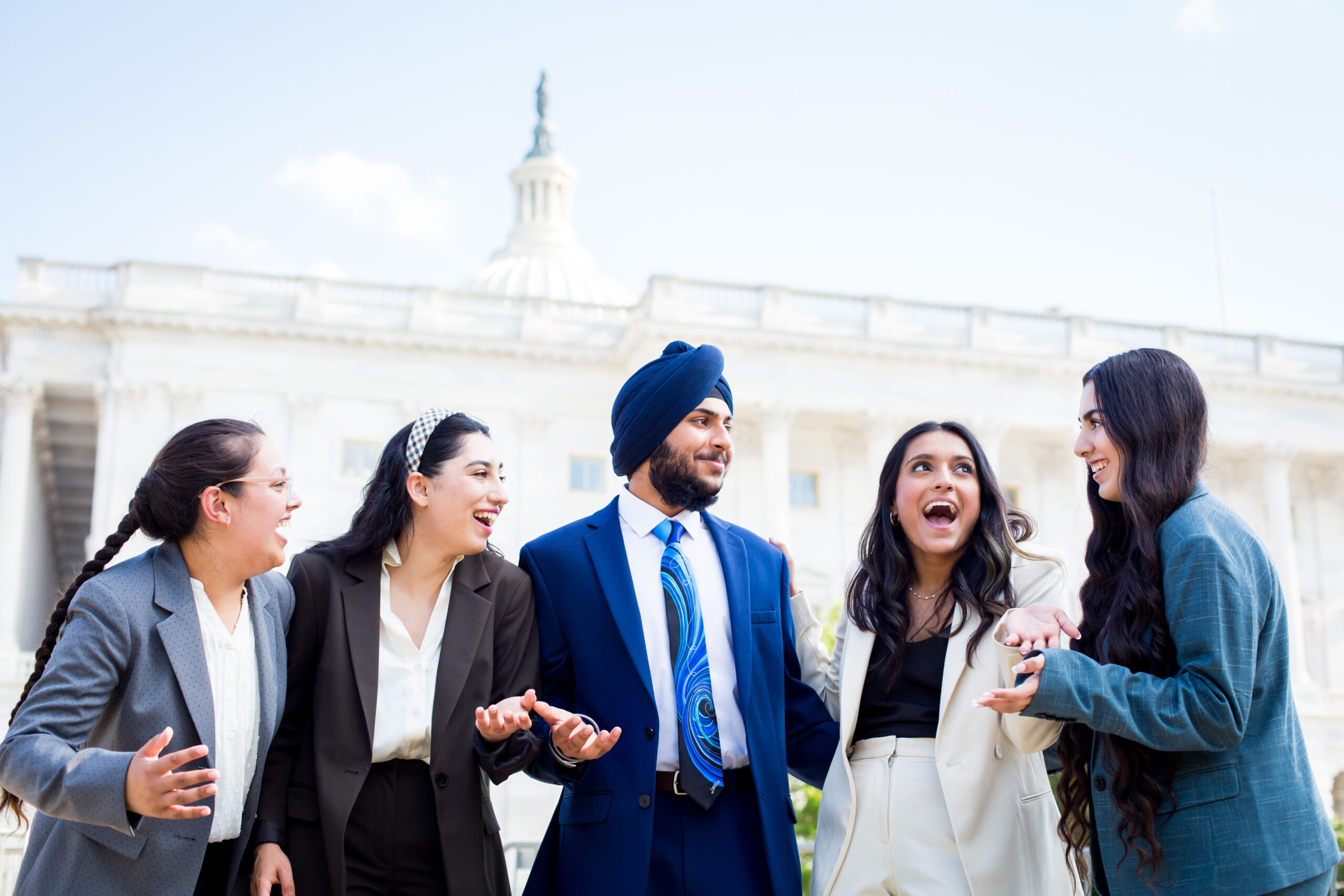The owner of an upscale Salt Lake City private club is apologizing for turning away a Sikh man because his turban violated its no-hats policy. The Sikh American Legal Defense and Education Fund wrote a letter to Club Habits complaining that in July, Harpreet Singh Multani of Sandy tried to gain entrance to the club at 832 E. 3900 South but was told its no-hats policy applied to his turban. For Sikh men, the turban is a part of their religious identity. “It’s a religious requirement for practicing Sikhs,” said Rajbir Singh Datta, associate director of the Washington, D.C., organization. Club owner Bill Carter said Tuesday he had received the letter and that the club would issue an apology, and invite Multani to visit again. “We apologize to him . . . through our ignorance we didn’t know there was a religious-type problem with anyone.” Multani said he and several friends went to the club on July 14 and waited in line to get in. “The lady at front door, the only thing she said [is] you cannot have any head coverings and you cannot come in,” he said in an interview Tuesday. Multani said he found no sign with a dress code posted outside the club or on the club’s Web site, leaving him wondering if he had been singled out. Carter said the club, which will amend its dress code, is trying to be an upscale dinner-and-dancing establishment and, therefore, prohibits dress such as T-shirts and hats, including baseball caps. Utah liquor statutes don’t cover issues of discrimination in establishments that have state licenses, but Salt Lake City attorney Brian Barnard said Utah’s civil rights laws do. Barnard won a 1992 Utah Supreme Court ruling that he says forced all liquor-license holders to meet state civil rights standards. They say that establishments licensed by the state cannot discriminate on the basis of race, color, sex, ancestry, religion or national origin. Barnard had sued the Elks Club in St. George because it held a liquor license but didn’t allow women to be members. “Clearly a private club with a state liquor license cannot discriminate on the basis of religion,” said Barnard. Datta said he was pleased to hear Club Habits would apologize and that his group would send Carter information explaining various types of religious headgear. Datta said the Sikh American Legal Defense and Education Fund gets hundreds of complaints about religious discrimination, including from Sikhs who are denied access to courtrooms because of prohibitions on hats and headgear. tharvey@sltrib.com [http://www.sltrib.com/business/ci_6745571] Salt Lake Tribune
